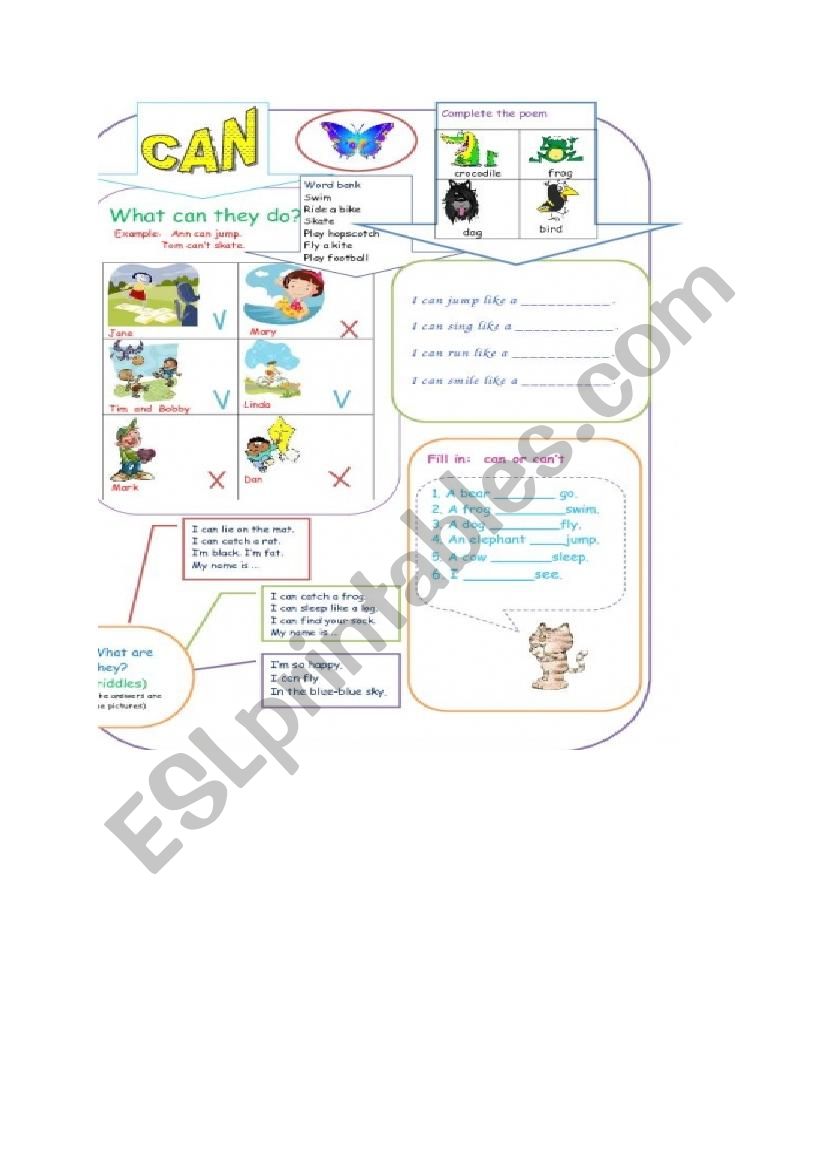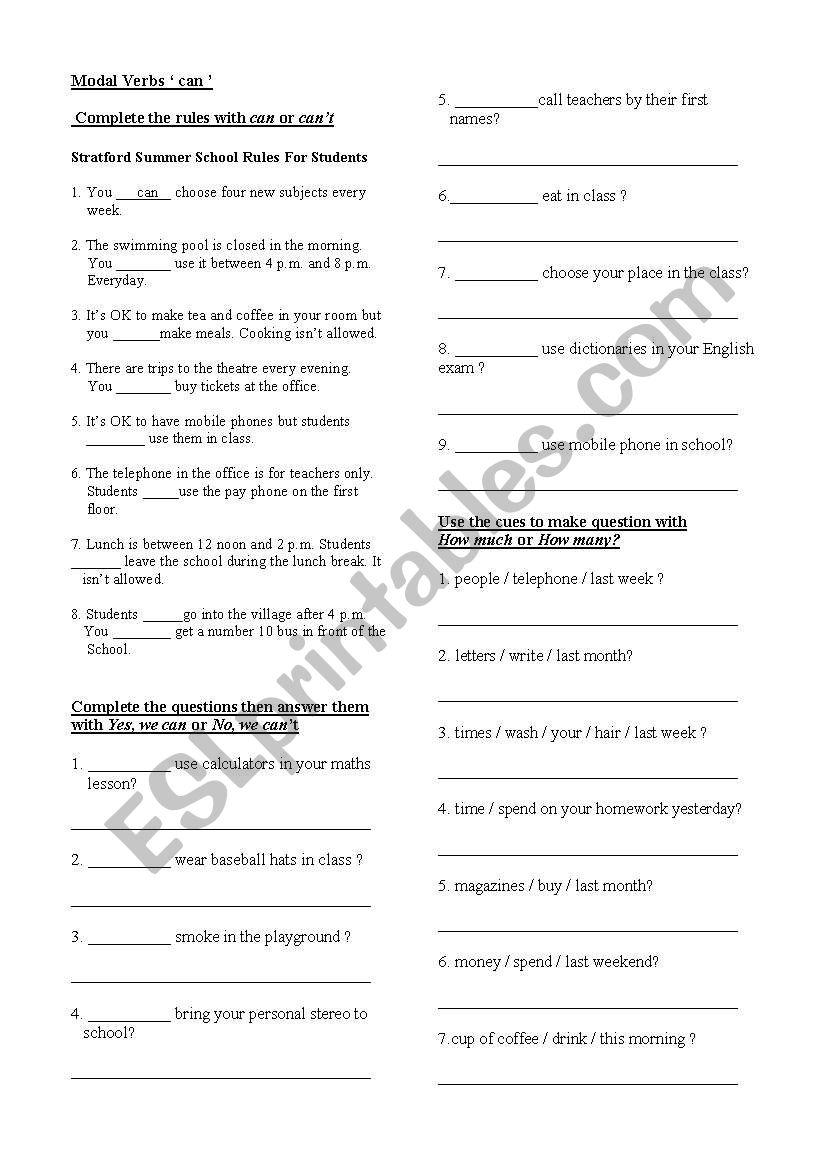

He died a few years ago! He can't be Michael Jackson. WebRewite the sentences using a suitable modal verb. Grammar and Vocabulary in context.docx - Grammar and. Probability of Modal Verbs Modal verbs of probability: Past Headway Student Modal verbs - worksheets, printable exercises pdf, handouts. WebModal Verbs Modal verbs (modals) are verbs that add the meaning of logical possibility, ability, necessity, and permission to verbs, which have a degree of strength from stronger … We choose the verb depending on how sure we are. Click here for all the exercises about modal verbs We can use these modal verbs (also called modals of deduction, speculation or certainty) when we want to make a guess about something. Probability of Modal Verbs - LinkedIn WebModal Verbs of Probability.

We use „to‟ between a modal verb and another verb. The most polite modal verb to ask for permission is „may‟. Modal verbs probability pdf mean PAST MODALS - Easy World Of English The most commonly used modals are shall, should, will, would, can, could, may, might, must, ought to, used to, need and dare. They express modes such as ability, possibility, probability, permission, obligation, etc. WebModals are those helping verbs, which express the ‘mode’ or ‘manner’ of the actions indicated by the main verbs. In addition to the simple form of modals, there are also other forms to express: past time 1: modal + have + Past Participle (e.g., may have submitted) passive voice 2: modal + be + Past Participle (e. I should go, she must see, he can swim ). Modals are a special type of verbs they are followed by the base form of verbs (e.g.


 0 kommentar(er)
0 kommentar(er)
